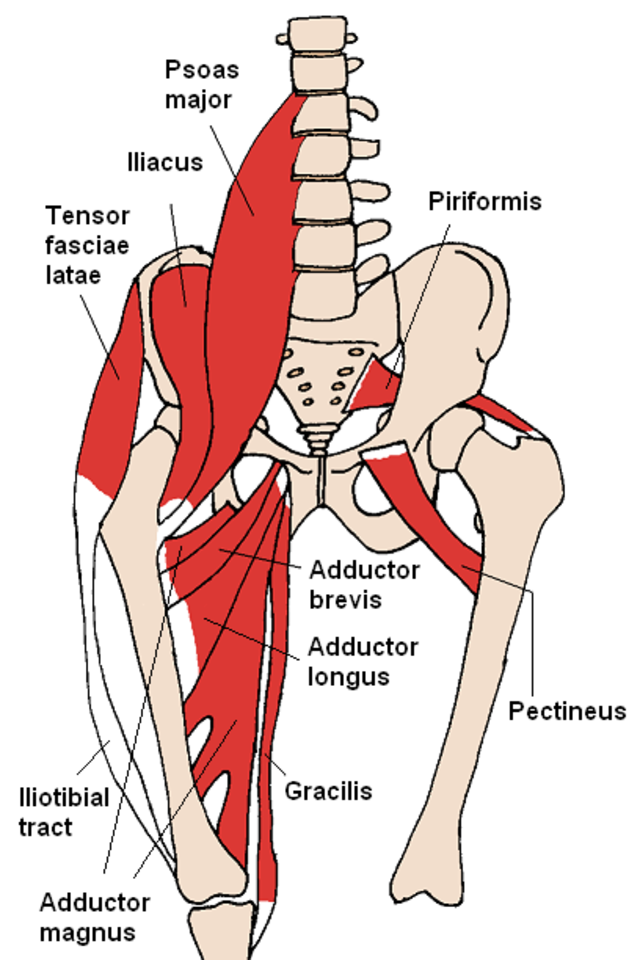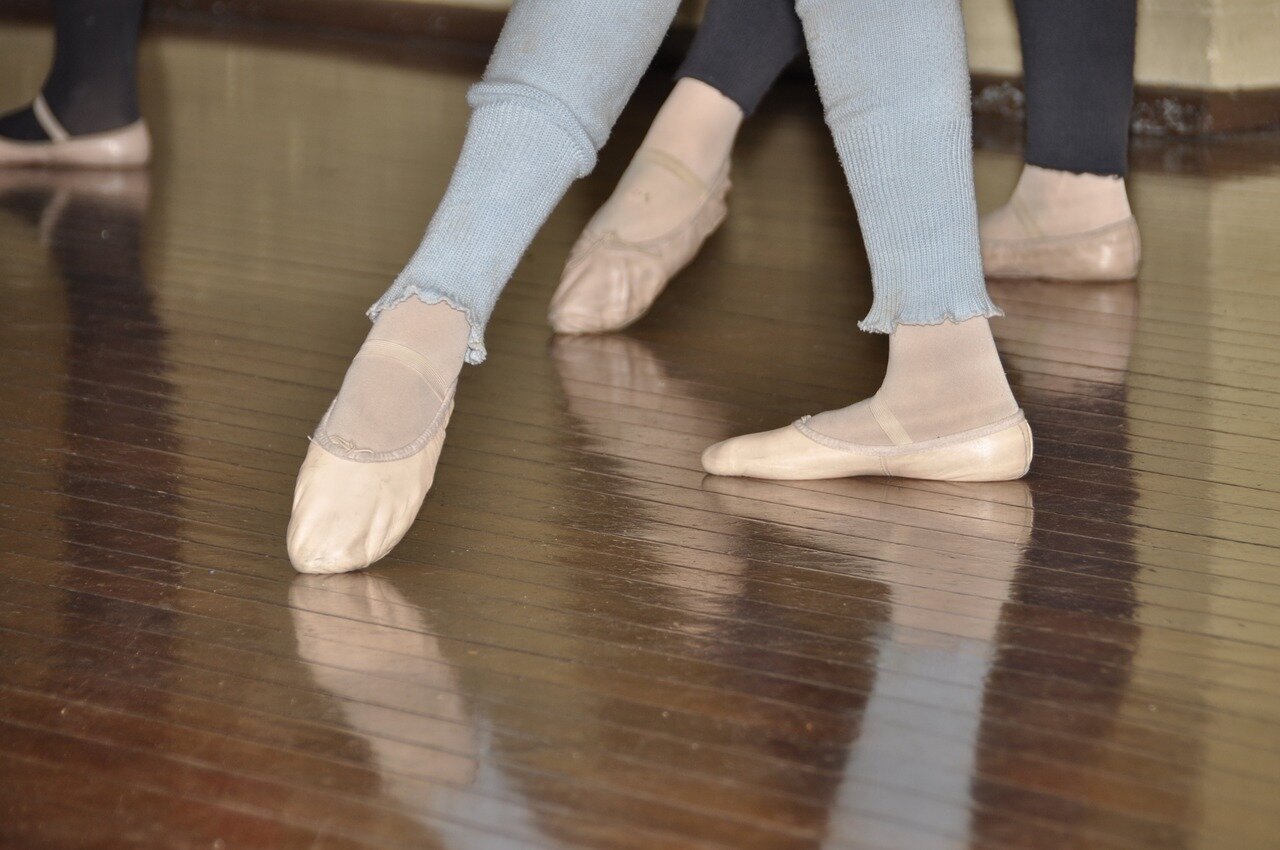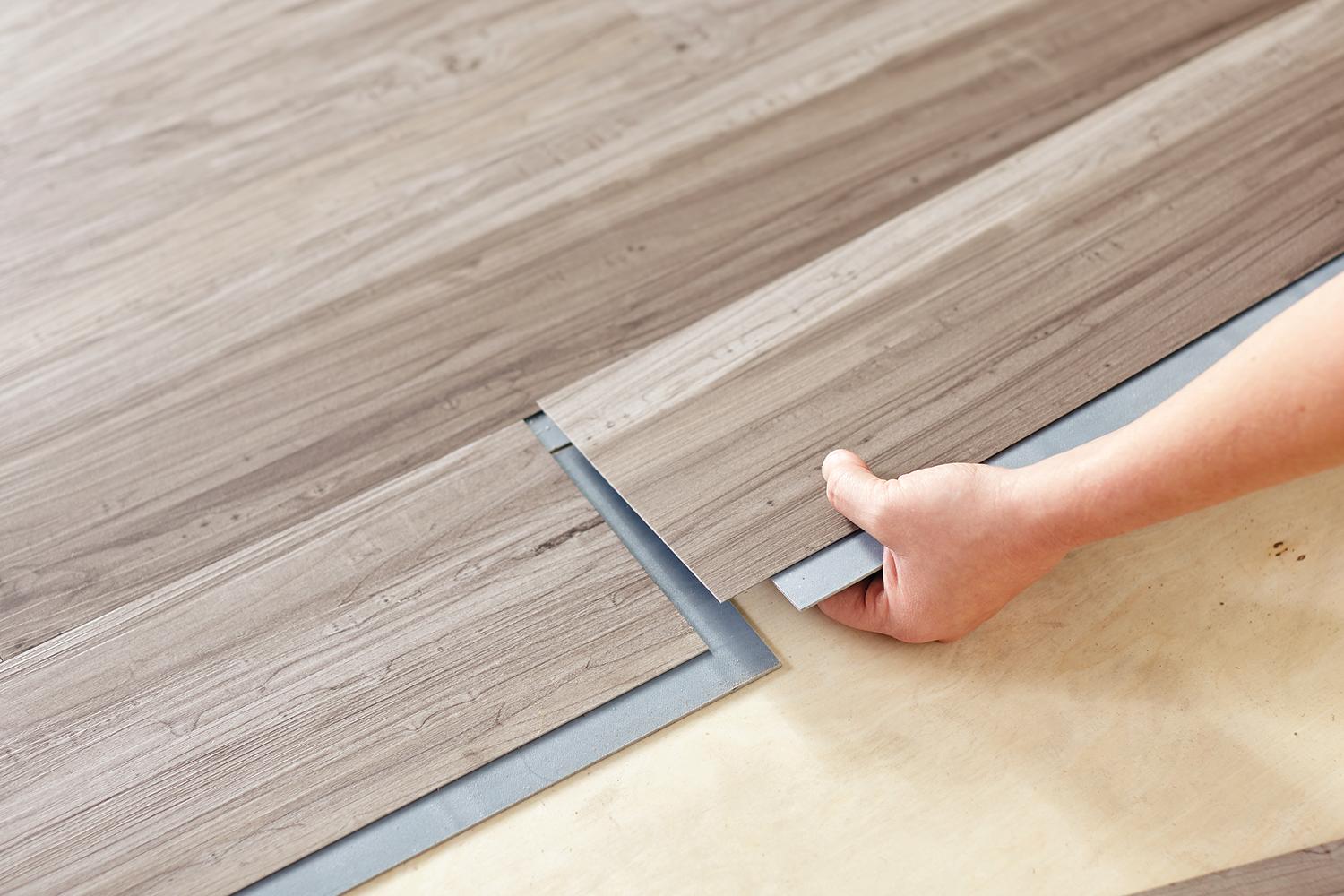Maximizing your sleep: Falling asleep quickly
/As recommended by most health care professionals, the ideal amount of sleep each night is 7-9 hours. Between late night rehearsals (even later night runs for post-dance food!) and early morning alarm clocks, sometimes you won't have time to get a full night's rest. But, there are a few strategies to optimize the already minimal sleep you might be getting.
This article is part of a neuroscience-focused series on sleep. Make sure you check out these related article about how avoiding blue light can help you sleep better, and how to use your REM cycle to get the most refreshing sleep possible.
The bed is meant for sleeping
Through millions of years of evolution, the brain has become remarkably strong at making and holding associations between places and states of mind. A primitive animal would need to find sources of food to appease hunger. When berries, grasses, or nuts were found, a positive association would be formed between that food and the satiation of the hunger. That food, in turn, would be found at specific places: for example, specific berries that grow on trees only found by a body of water. Eventually, the organism would develop an association between that place and satiety. The ability to create these associations was developed early in the evolutionary tree, and is processed by the more "primitive" limbic parts of the brain - sometimes collectively called the "Lizard Brain."
For a person who ONLY spends time lying in bed to sleep, there is ONLY one state of mind associated with the bed: sleep. These people have developed a Pavlovian conditioned response to fall asleep in their bed once they fully recline. For me, even though I spend a full fourth of my day lying in bed, 99% of that time is unconscious. However, for those few minutes before passing out, the strongest association with lying down is "drowsiness." Maintaining this association is the best way to maximize your sleep, as you can go straight into starting your sleep cycle. (I rarely have trouble sleeping at night, and whenever I do, caffeine seems to be the culprit.)
The problem with not being able to sleep may start with developing an association between your bed and the sensation of alertness or even worse, stress. I knew many people who study or work while reclining in their beds, and I believe these people have developed contradictory associations that make falling sleep difficult. While trying to work, you need to stay awake and focused. Also, while studying, you may start to think about your giant backlog of obligations and upcoming deadlines, adding stress as another negative association that you form with your bed. Thus, the healthy association with drowsiness is now at conflict with a different, counterproductive association with alertness or stress.
Don't work or study on your bed.
So what if you have already developed an association between working and bed? The simplest answer is the first step: Stop working on your bed. In the language of behavioral neuroscience, your brain will have to "extinguish" this learned association. Doing so requires repeated pairings between the bed and sleep, with no other conflicting associations. The sooner you stop reading in your bed, the sooner you will be able to fall asleep once your head hits the pillow.
You may also be interested in:


















